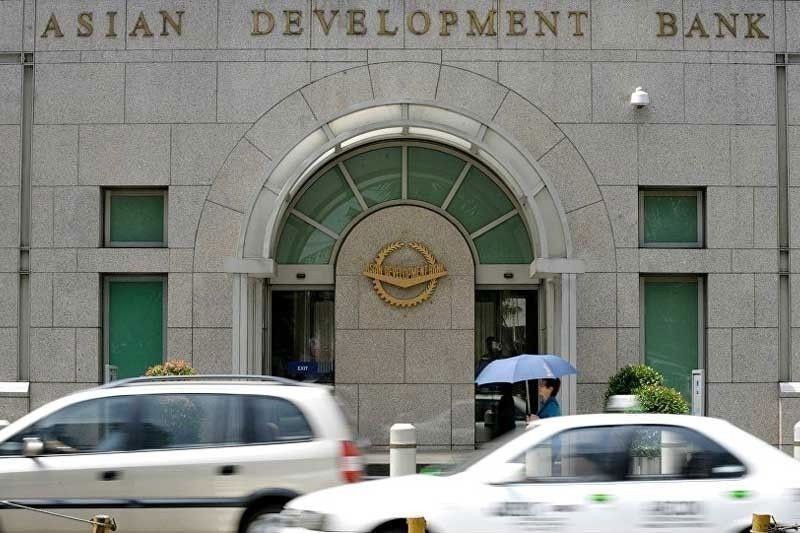ADB pushes green financing for MSMEs

MANILA, Philippines — The Philippine’s micro, small and medium enterprises (MSMEs) need greater access to green financing to ensure their bounceback and help in the country’s overall economic recovery, according to the Asian Development Bank (ADB).
In its latest blog, the Manila-based financial institution said the survival and resilience of MSMEs are crucial in Asia- Pacific countries’ bid to recover in a green and more sustainable manner.
Small and medium-sized enterprises account for about 96 percent of all businesses in the region.
The Philippines, for one, has 1.4 million registered MSMEs, employing seven out of every 10 workers and contributing to 40 percent of gross domestic product.
MSMEs were among the hardest hit sectors since the pandemic started last year, with many of them already stopping operations. Some even had to turn to informal businesses and employment to cope with the impact of the crisis.
ADB principal financial sector specialist Arup Kumar Chatterjee said the pandemic exposed the vulnerability of small firms and reversed the gains that the sector earned over the past years.
As economies push for a green recovery, Chatterjee said MSMEs would need strong access to green financing to make this work.
“These small enterprises can make a good business case for going green, including to boost resilience, reduce costs, and raise productivity, and thus support climate change mitigation and adaptation,” he said.
While MSMEs in the region provide two out of three private-sector jobs, they also account for a large percentage of global resource consumption, pollution, and waste generation.
Chatterjee emphasized that small businesses need to immediately address the impact of climate change as they are highly vulnerable in capital, labor, logistics and markets.
“They also tend to leave a big carbon footprint because of lack of investment in climate smart technology and being less regulated than large enterprises. Even climate-related disasters seriously inhibit their development,” Chatterjee said.
“They have limited capacity to recover from these extreme events and to rebuild operations, revenue, and profit. They lack sound risk management, business continuity, and crisis management cultures,” he said.
The multilateral lender maintained that state-owned development banks can support MSMEs’ broader green banking environment via direct financing through low-cost credit lines linked to targeted green lending programs.
They can establish public-private partnership facilities, seeding clean technology funds, refinancing, and liquidity-support instruments such as green loan guarantees.
“Such measures can translate into the highest long-term multiplier effect available on economic growth, energy, and resource efficiency,” Chatterjee said.
- Latest
- Trending































